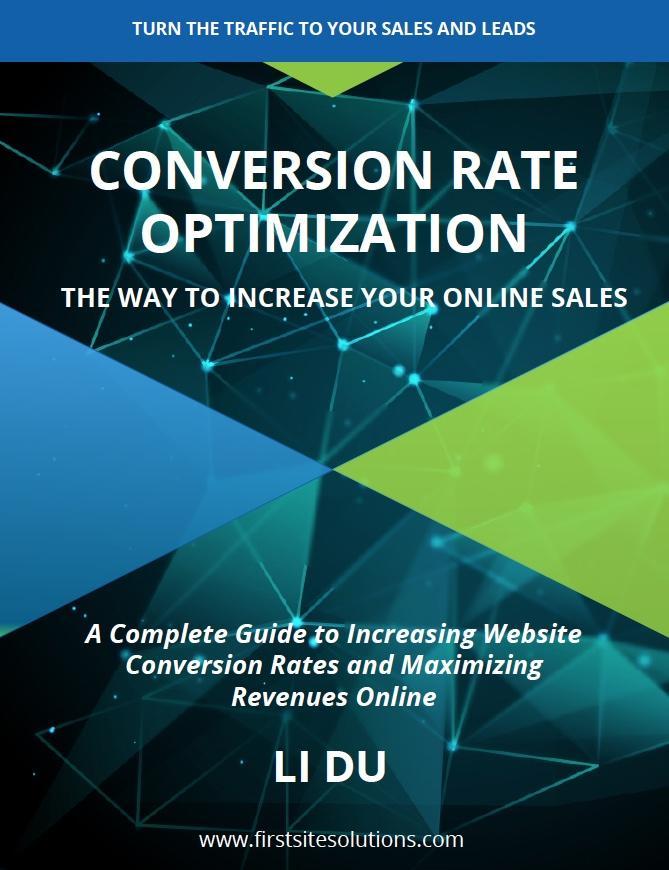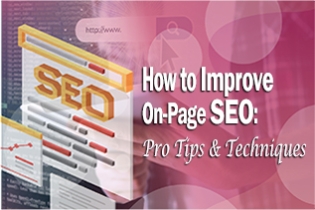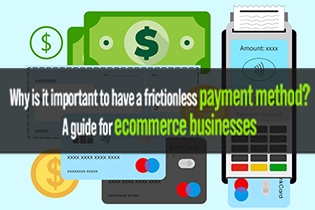
For any new business, SEO might seem a complex tool with no instant results. Search Engine Optimization is a fast growing industry, worth more than $50 billion, and the volume will only grow in the upcoming years. For every online business, whether small or big, SEO provides a cost-effective way to reach a larger audience without significant efforts.
For any new startup, SEO might seem a bit multifaceted to start with, especially if you are short on money, time, and resources. In addition, the results from your efforts are not instant, and it can take a while for your search rankings to improve largely because of the way Search Engine crawlers work.

As per stats from Imforza, around 93% of online buying experiences start with a search engine. Of course, if you want to buy goods or services, you will search for it on Google or any of other search engines.
The problem arises when small business owners are short of resources and budget to improve their rankings. SEO requires time and effort, and if you are not willing to do it yourself, you would have to add hundreds of dollars to your marketing budget. Hence, if you are suffering from downward sales and growth, the SEO factors listed below would likely help you improve your search engine rankings:
1. Building A Fast and Mobile-Friendly Website

You cannot get to the first page of Google without a fast and mobile-friendly website. In fact, mobile optimization is increasingly becoming a crucial SEO factor to rank higher in search engines. In addition, poor web design for mobile or using the default desktop template in mobile devices would only push your ranking below your competitors in search engines.
Google is also increasing its efforts for mobile optimization of content by introducing the AMP project to webmasters. If you run a small business, pushing your site loading speed above your competitors’ should be a top priority. You can also check your current page speed score at Pingdom or Google PageSpeed Insights.
2. Consider Opening a Blog

Small business owners are constantly looking towards content marketing to drive organic traffic to their website. A simple webpage detailing services will hardly be able to top the search results. Content marketing has become an effective approach to reach your target audience. Many businesses are now operating their blogs to influence their search rankings.
Besides, content also provides a gateway to create backlinks or points to high DA and PA domains, in turn, increasing your search engine rankings. Content also paves the way for increased value addition, and the consumer can leave their reviews and feedback on your web pages or inquire about your product in the comments. This can help you generate a significant amount of data about your product, and you can you filter it as per your needs.
3. Fix Technical SEO Issues
Your small business website might look great with stunning graphics and engaging fonts. But if technical SEO problems are lingering on your webpage, they will likely impact your traffic. Before going for full-scale search engine optimization, spend time fixing the foundations of your website.
You need a solid website structure, including easy-to-navigate menus and Sitemaps to assist search engines in crawling your web pages. Other common technical SEO issues include:
- Duplication and plagiarism of content in your blog posts or description of your product or service
- Absence of keyword optimization on your existing web pages. What are you trying to rank for?
- Broken links or links pointing to malicious or harmful websites
- Un-optimize images throughout your content
- Absence of Headings and Meta tags in your blog posts
To fix these Technical SEO indicators, you can use various online tools, such as Google Search Console or SEMRush. You can also fix them one by one or create a Technical SEO Audit checklist and prioritize your tasks.
4. Keyword Research
You can write hundreds of posts a day, but without proper keyword analysis, they would be hard to rank for. Keyword research is a major and definitive technique to beat the search engine competition. The process can take anywhere from 30 minutes to a day, depending on your audience. Digging out untapped keywords is quite hard, and as a small business owner, you should pay extra attention to capitalize on your research time.
You need to learn about your potential audience before conducting in-depth keyword research for any post. If your primary audience includes people who are fond of seafood, you can’t target people searching for beef. In other words, when you understand your audience and their interest, you will be able to reach more specific people interested in your business.
Besides, as a small business owner, you don’t need to pay for keyword research, and there are various free online tools to help you with the task. The most popular keyword planner is the one from Google themselves, although you can also use Ubersuggest and Keyword.io to create a comprehensive list of Short-tail and Long-tail keywords.
5. Find Out What Your Competitors Are Doing
Your online competitors are different from those operating offline. As a small business owner, you may worry about the pages showing in the top Search Engine results, which can hurt your revenue. These top pages are your competitors, and pulling an effective strategy to beat them should be among your priorities.
Using a competitive analysis tool, such as SpyFu, you can find out their ranking strategy, which can help you decide
- Their overall website structure
- Keywords they are ranking for
- Quality of their backlinks and Inbound links in the content
- And any areas of weakness you can use for your advantage
Wrapping Up
In an ideal world, your website should top the rank in search engine result pages, but this requires extreme SEO and marketing efforts. As a small business, it might seem daunting to start a complete overhauling of your website, but with time and correct measures, your search engine rankings will improve significantly over time.







